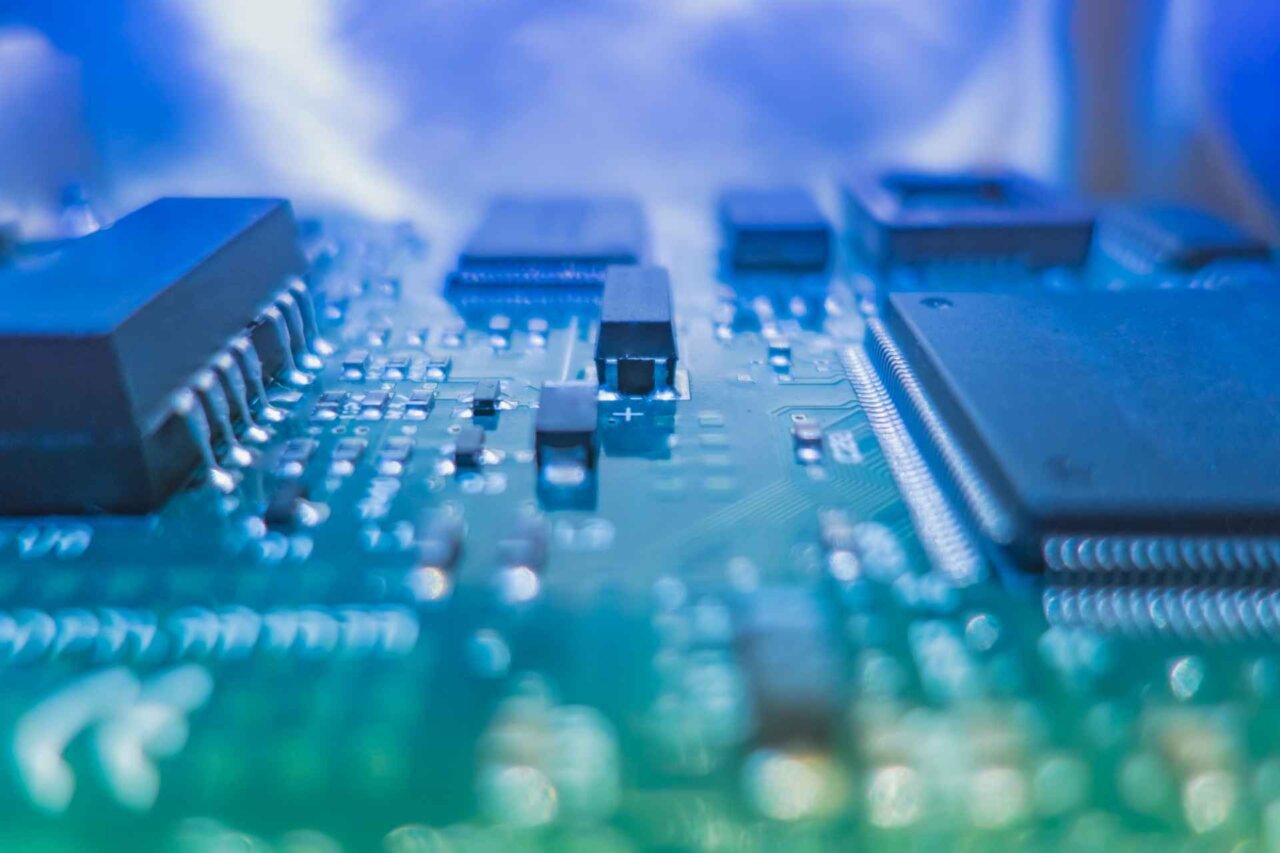Today, Sivers Semiconductors announced receiving first-year funding of $5.6 million from the Northeast Microelectronics Coalition (NEMC) Hub through U.S. CHIPS and Science Act under the Microelectronics Commons program, executed through the Naval Surface Warfare Center Crane Division and the National Security Technology Accelerator (NSTXL).
The award funds collaboration between Sivers Semiconductors and partners BAE Systems, MIT Lincoln Laboratory, and Columbia University to accelerate domestic prototyping and expand the nation’s global leadership in microelectronics. This is one of six projects awarded to the NEMC Hub, led by Massachusetts Technology Collaborative (MassTech), under the Microelectronics Commons Program.
Sivers Semiconductors will lead the Electronic Warfare Technology Program, focusing on self-interference cancellation circuits that enable full-duplex arrays that can transmit and receive at the same time and the same frequency. Such simultaneous transmit and receive (STAR) arrays enable new multi-function capabilities for electronic warfare systems, such as joint radar and communications. They also have dual-use commercial applications, specifically in range-extending repeaters.
The primary challenge with full-duplex or simultaneous-transmit-and-receive operation is the self-interference from the transmitter to the receiver, which can be a billion to a trillion times more powerful than the desired signal to be received. This necessitates highly precise self-interference cancellation circuitry that can cancel the transmitter leakage with a one-part-per-billion/trillion accuracy. Furthermore, accomplishing this self-interference cancellation in large arrays, such as those used in electronic warfare systems as well as 5G millimeter-wave and FR3, is yet another challenge. This program, which is renewable across three years, will transition technology developed at Columbia University, BAE Systems and MIT Lincoln Laboratory to product-grade implementations and deployment readiness.
“This initiative opens new applications and verticals in the defense sector for Sivers,” said Vickram Vathulya, CEO of Sivers Semiconductors. “Our collaboration with industry leading partners such as BAE, one of the two largest suppliers of electronic warfare technology within the US defense industrial base, will accelerate our go-to-market strategy in electronic warfare.”
“This award highlights the ingenuity and expertise that exists across the Northeast when it comes to microelectronics and semiconductors,” said Massachusetts Technology Collaborative (MassTech) CEO Carolyn Kirk. “The technology development and transition partnerships being fostered by the NEMC Hub will have an enduring impact on our national and economic security.”
“It is exciting to explore new applications for our expertise and technology in beamforming and interference-tolerant chip design,” added Harish Krishnaswamy, Managing Director, Wireless Division at Sivers Semiconductors. “Our collaboration with a leading defense prime, a leading academic institution and the top federally-funded R&D center ensures that our team has all the skills and resources to be successful.”
“This award is a testament to the hard work, collaboration, and leadership the NEMC Hub and its members have demonstrated during the first year of the Microelectronics Commons,” said NEMC Hub Director Mark Halfman. “We have a tremendous opportunity to grow microelectronics lab-to-fab capabilities and spur the growth of game-changing technologies.”

